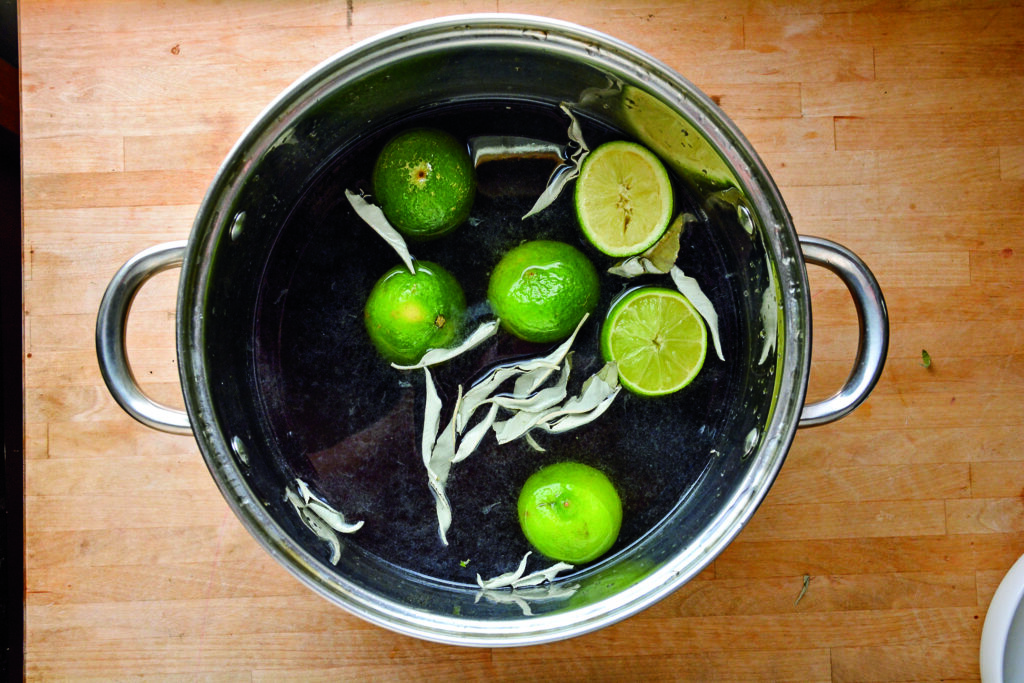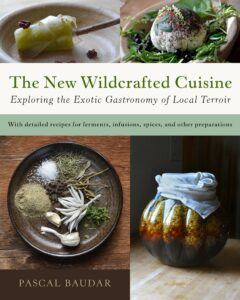2026 Horoscopes: Your Year-Ahead in the Stars
By Demian Allan
/ 26 December, 2025
We now come to the end of the 2025 cycle, welcoming a new year and all that it promises. These...
Read More
 Image by Pascal Baudar
This is one of my favourite recipes; the taste is akin to a nice light cider with some sage flavours. It’s great to drink but also a fantastic brew to cook seafood, such as mussels and clams. For cooking, I usually substitute lemons for limes in the recipe.
Image by Pascal Baudar
This is one of my favourite recipes; the taste is akin to a nice light cider with some sage flavours. It’s great to drink but also a fantastic brew to cook seafood, such as mussels and clams. For cooking, I usually substitute lemons for limes in the recipe.
 This recipe is an extract from Pascal Baudar’s book New Wildcrafted Cuisine
(£35, Chelsea Green Publishing, September 2023)
This recipe is an extract from Pascal Baudar’s book New Wildcrafted Cuisine
(£35, Chelsea Green Publishing, September 2023)

Join the Academy and learn from some of the best spiritual
and wellbeing teachers in the world
Join the Academy and learn from some of the best spiritual
and wellbeing teachers in the world
Join the Academy and learn from some of the best spiritual
and wellbeing teachers in the world
